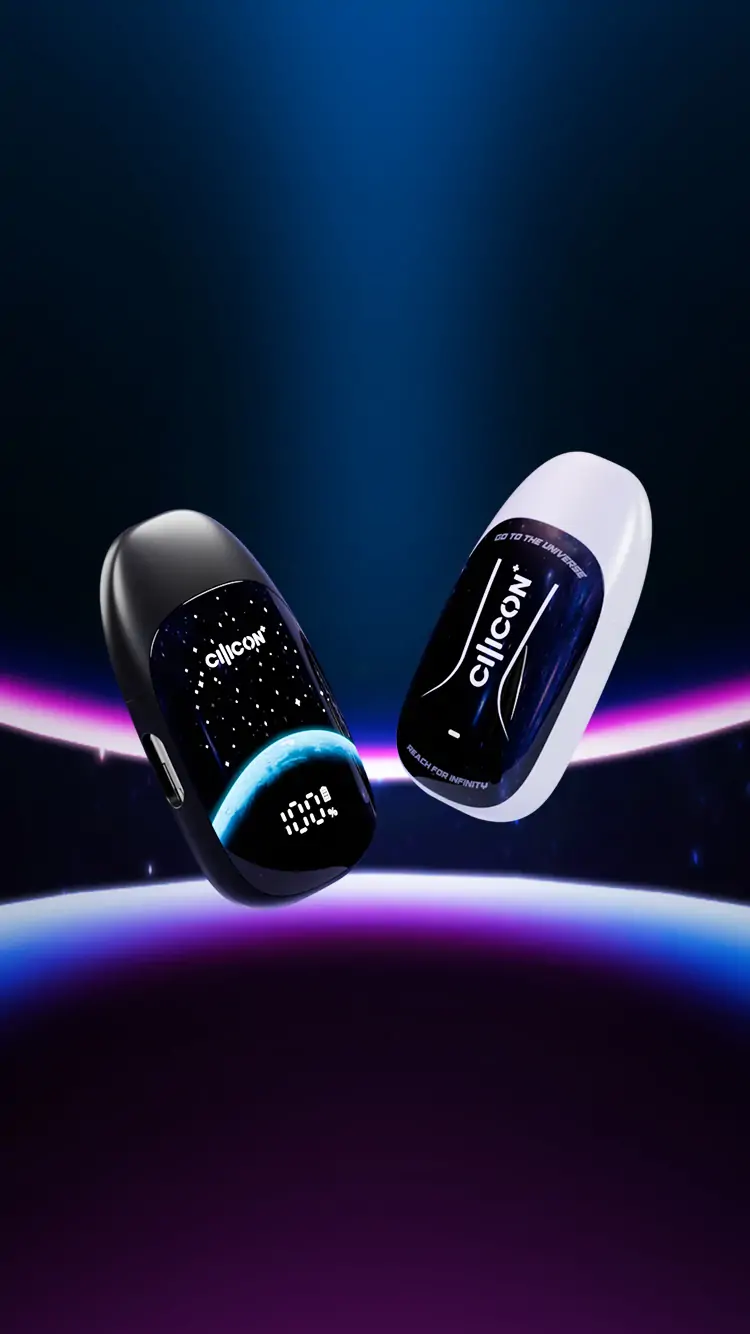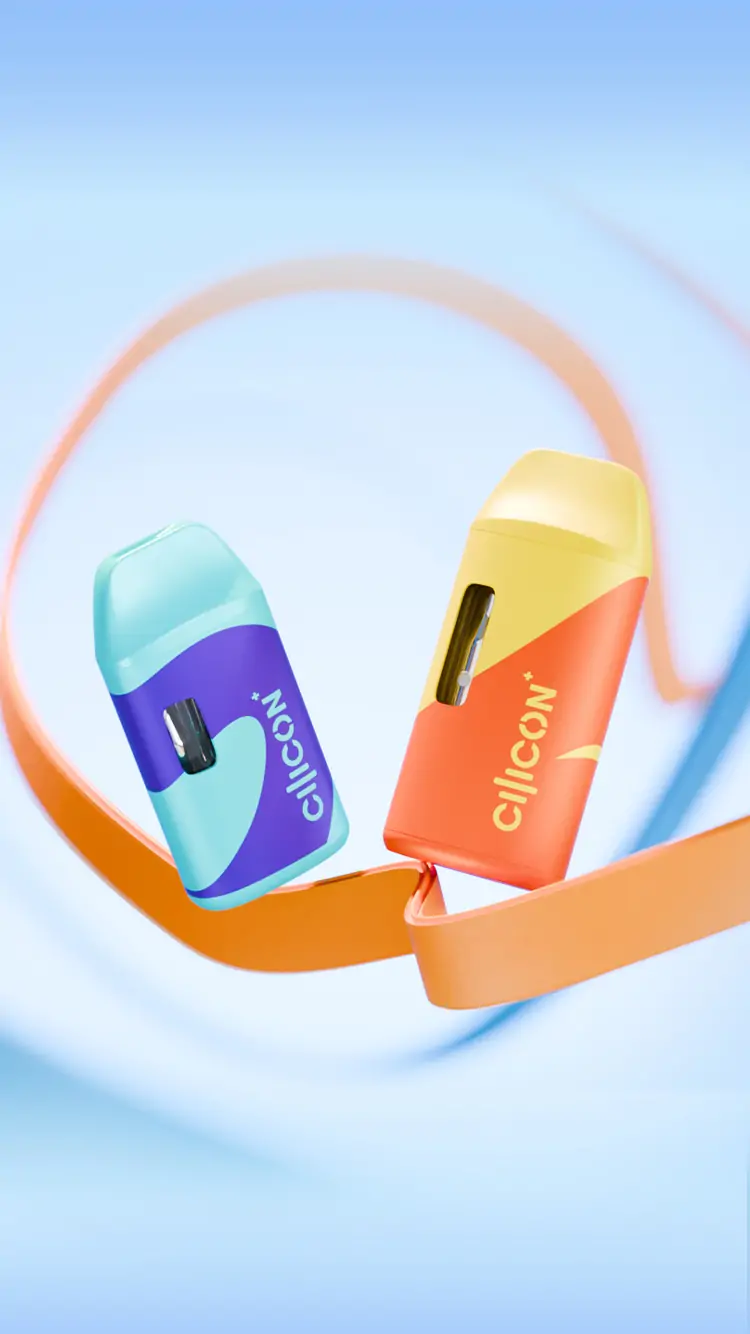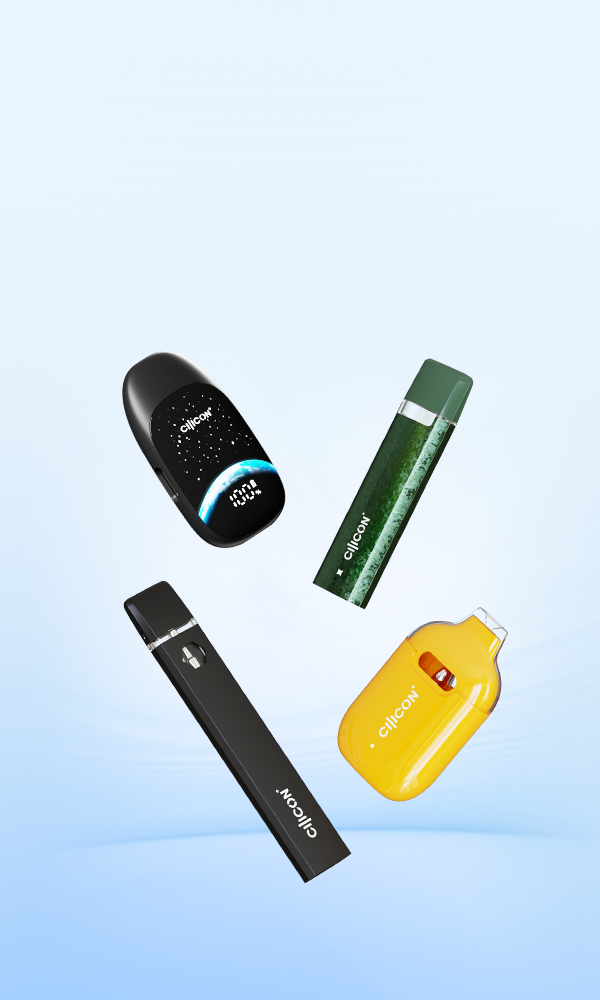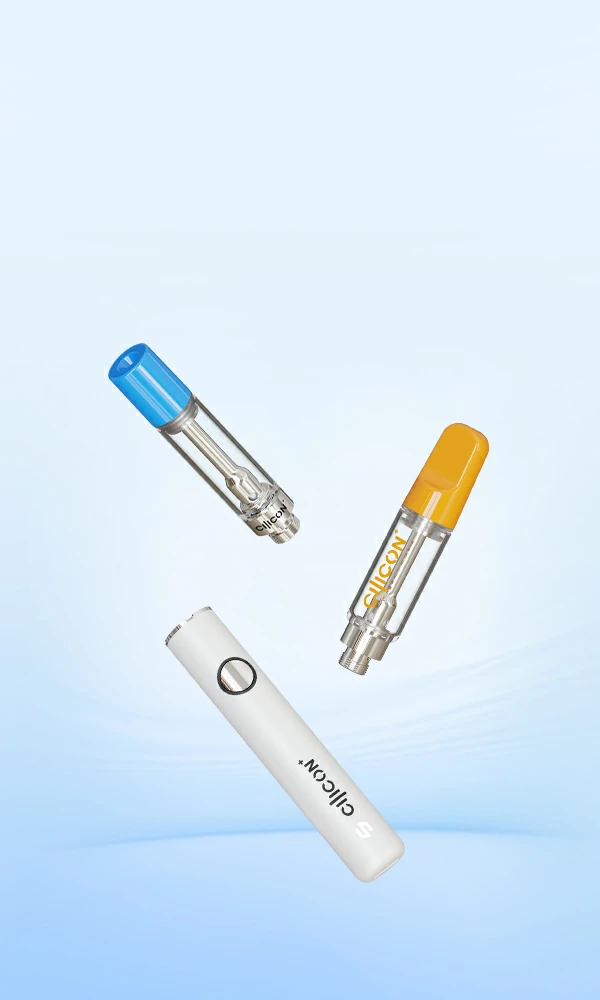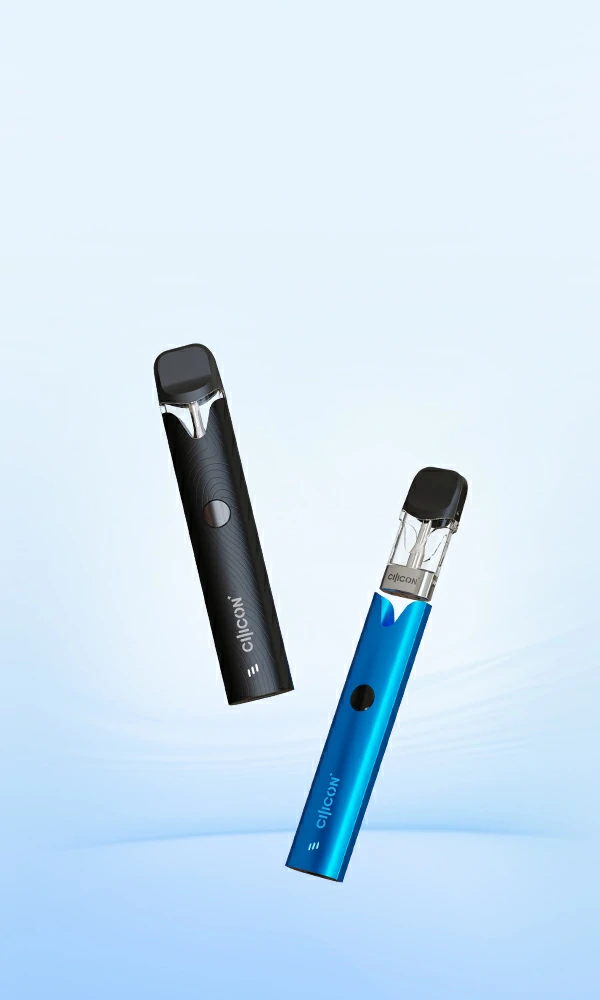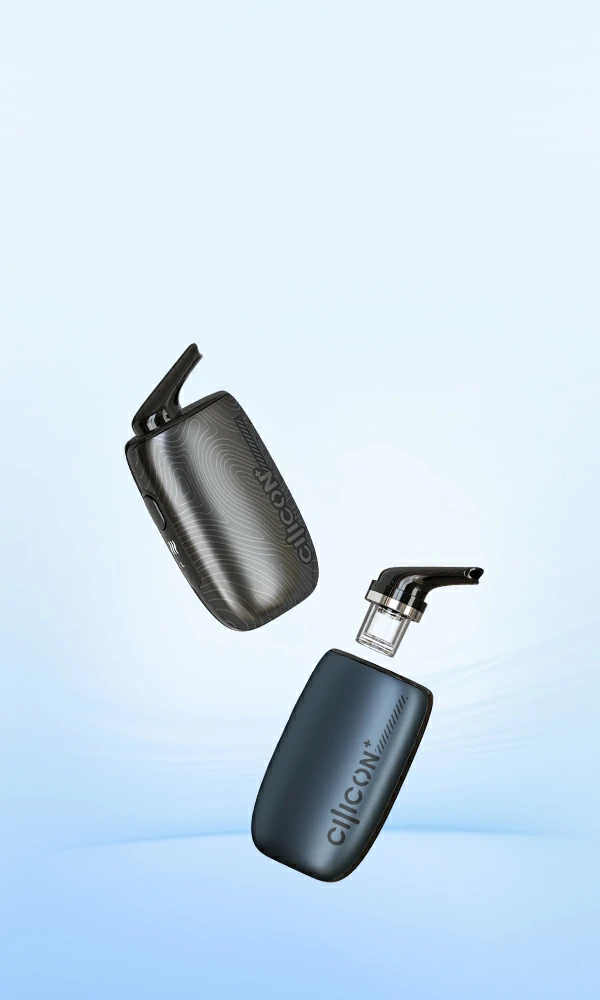Redefining Vaping
with Leading
Redefining Vaping
with Leading
DeliFlow
Ideal Match For
Distillate
Distillate+Live Resin
Distillate+Live Rosin
Liquid Diamond Live Resin
Roscentix
Ideal Match For
Rosin Oils
Formatrix
Ideal Match For
Distillate
Live Resin
Reoregin
Ideal Match For
D8
HHC
THCP
CBN
PureDab
Ideal Match For
Live Resin
Live Rosin
Crumble
Wax
Budder
PHO
Empowering Success
with Unmatched
CARE
Shaping the Future with Joint
CREATION

